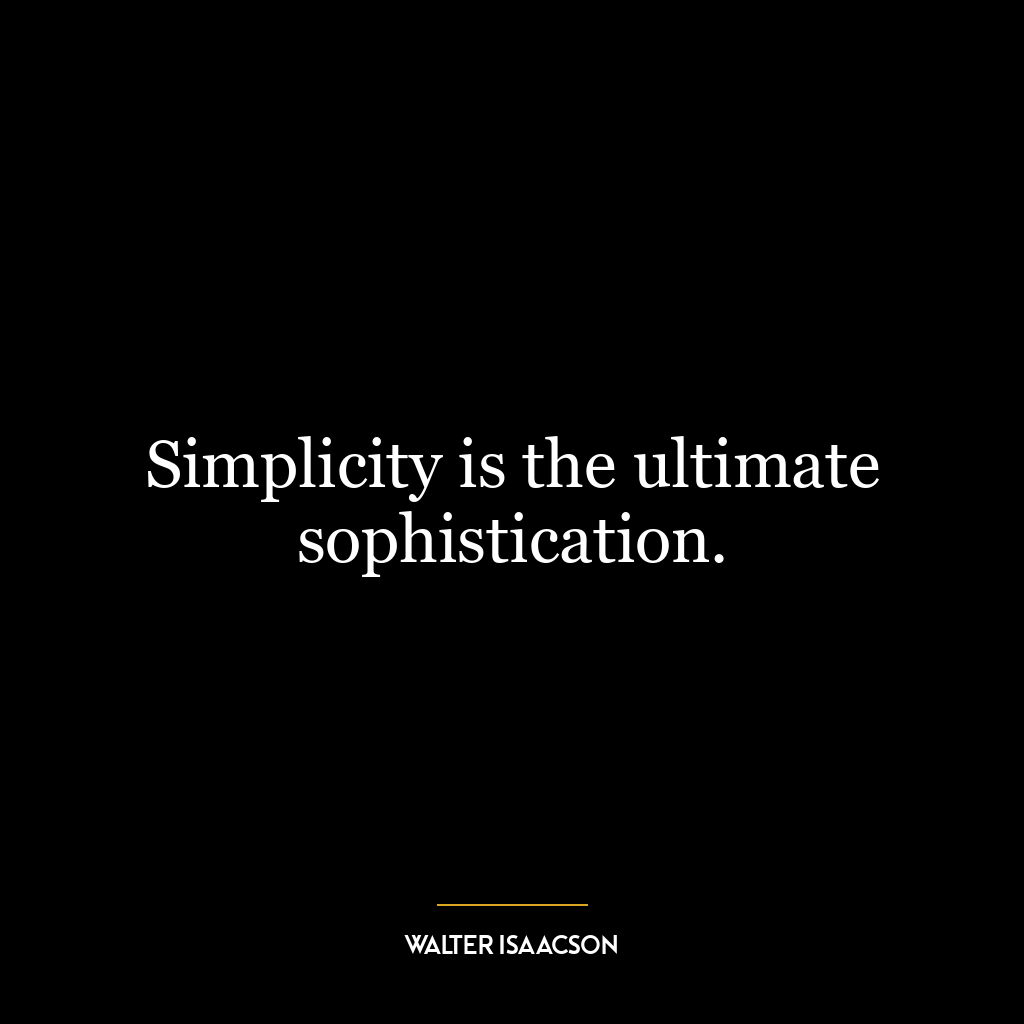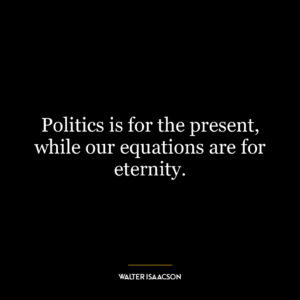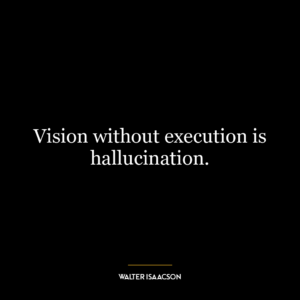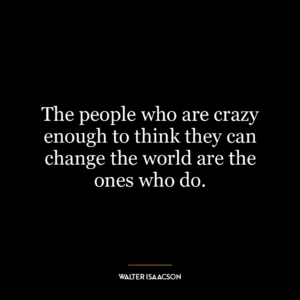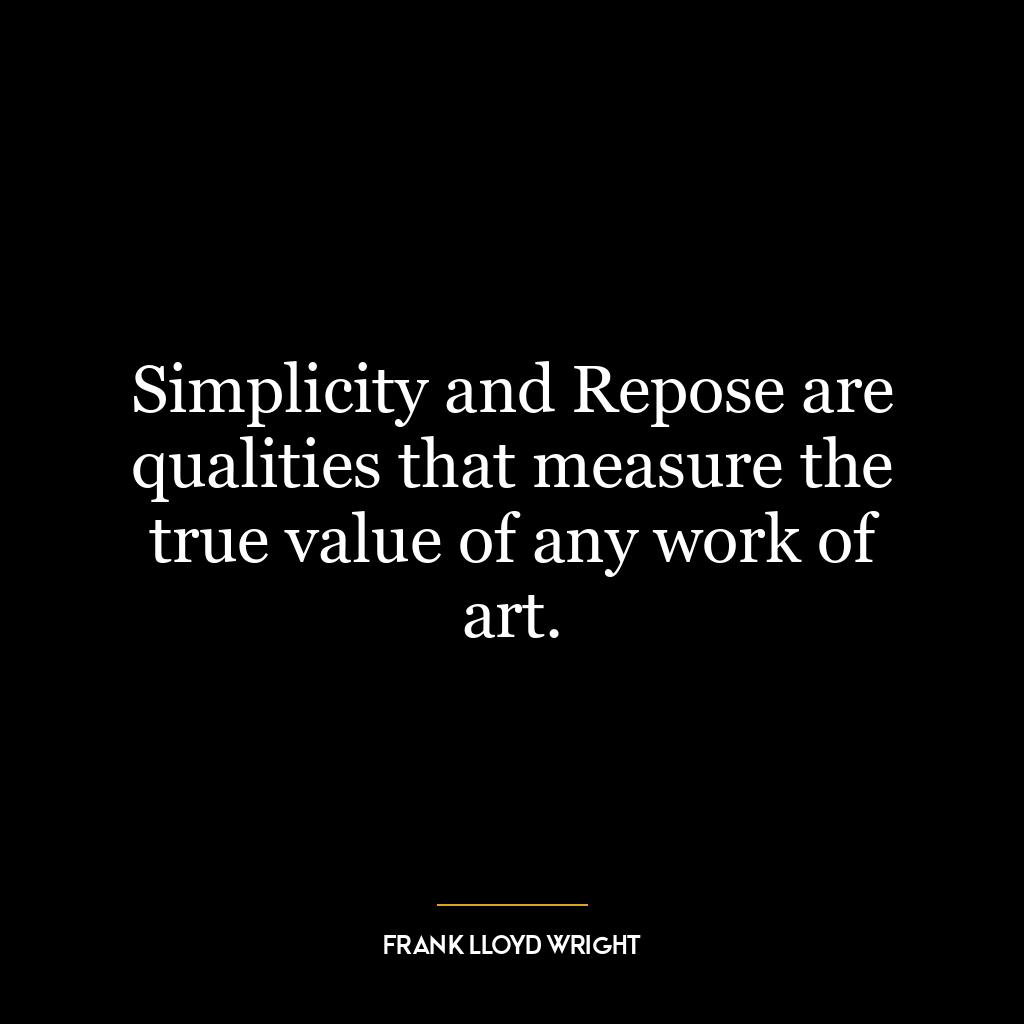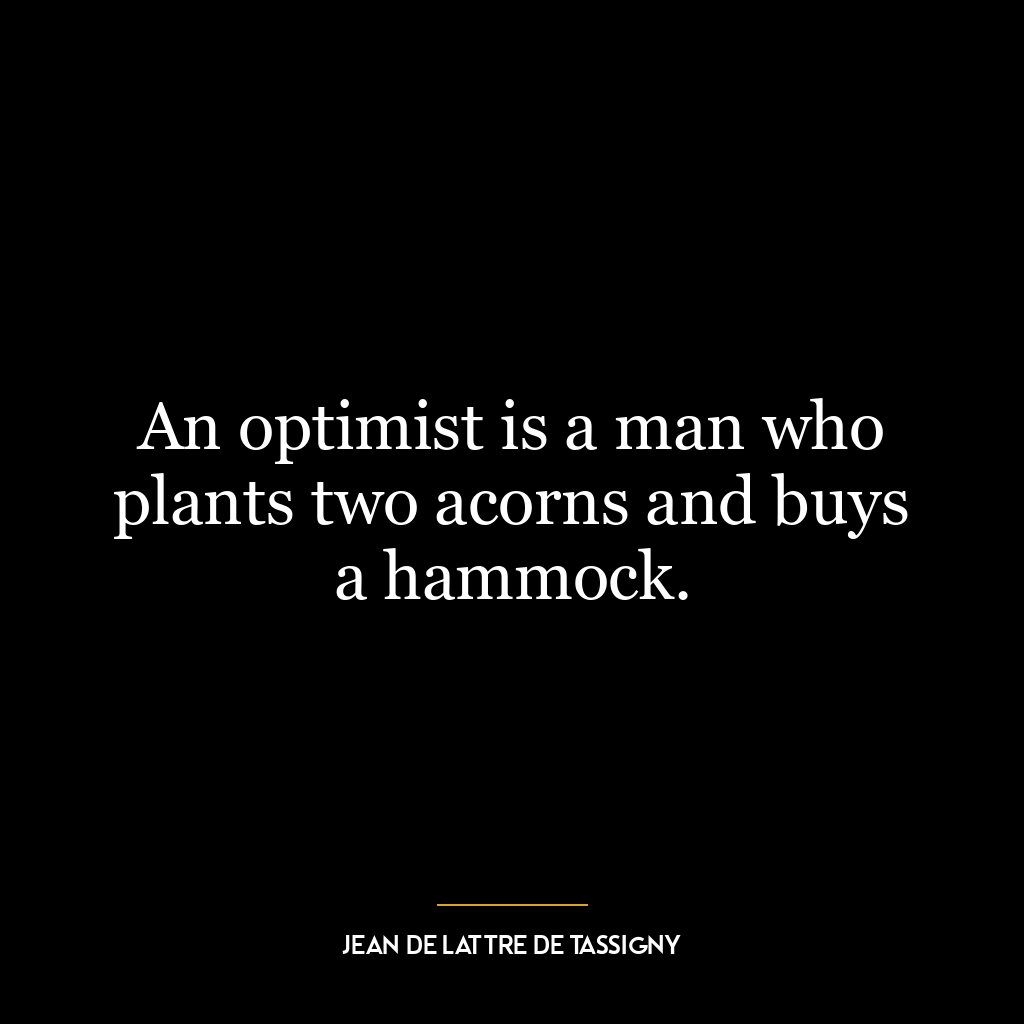Simplicity is the ultimate sophistication.
“Simplicity is the ultimate sophistication” is a profound statement that encapsulates the idea that being simple is not equivalent to being simplistic or naive. Instead, it suggests that achieving simplicity requires a high level of sophistication, understanding, and wisdom. It implies that the ability to distill complex ideas, systems, or designs into their simplest forms, without losing their essence or functionality, is a mark of true sophistication and mastery.
This concept can be applied in various aspects of today’s world. In technology, for example, the most successful gadgets or software are often those that offer a simple, user-friendly interface while providing complex services. Think of how smartphones have simplified numerous tasks into single taps or swipes, yet the technology behind these functions is highly sophisticated.
In terms of personal development, this quote encourages us to strive for simplicity in our lives. It suggests that we should aim to remove unnecessary complexities, whether they’re in our daily routines, our relationships, or our thought processes. By doing so, we can focus on what truly matters and make more efficient use of our time and energy. This doesn’t mean we should seek an easy life, but rather that we should work to understand and manage complexity so well that we can make things simpler for ourselves and others. This is a sophisticated skill that requires deep understanding, clear thinking, and the courage to let go of unnecessary things.
Furthermore, in communication, the ability to convey complex ideas in a simple, understandable manner is a hallmark of effective communication. This is not a simple task, as it requires a deep understanding of the subject matter and the ability to discern what information is essential.
Overall, the concept of simplicity being the ultimate sophistication encourages us to strive for clarity, efficiency, and focus in all areas of life. It suggests that true sophistication lies not in complexity for its own sake, but in the ability to understand and manage complexity so well that we can make things simpler and more effective.

